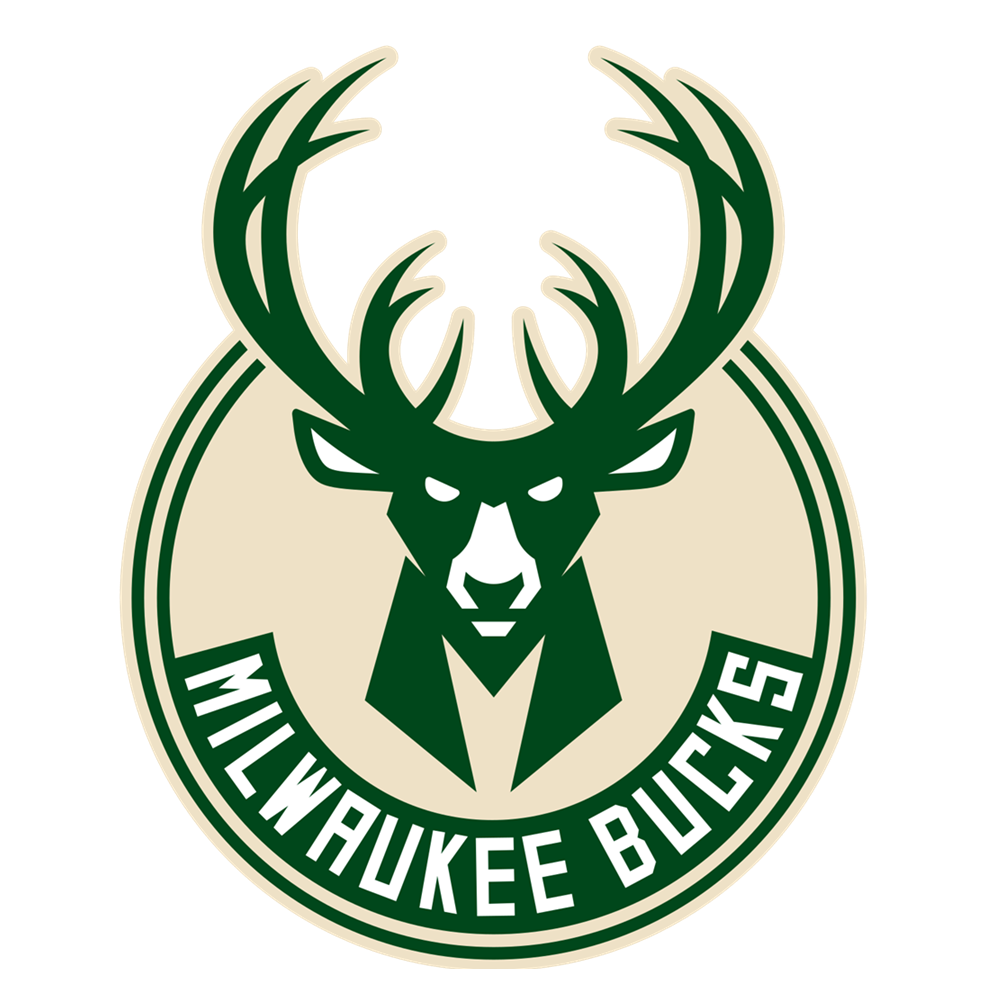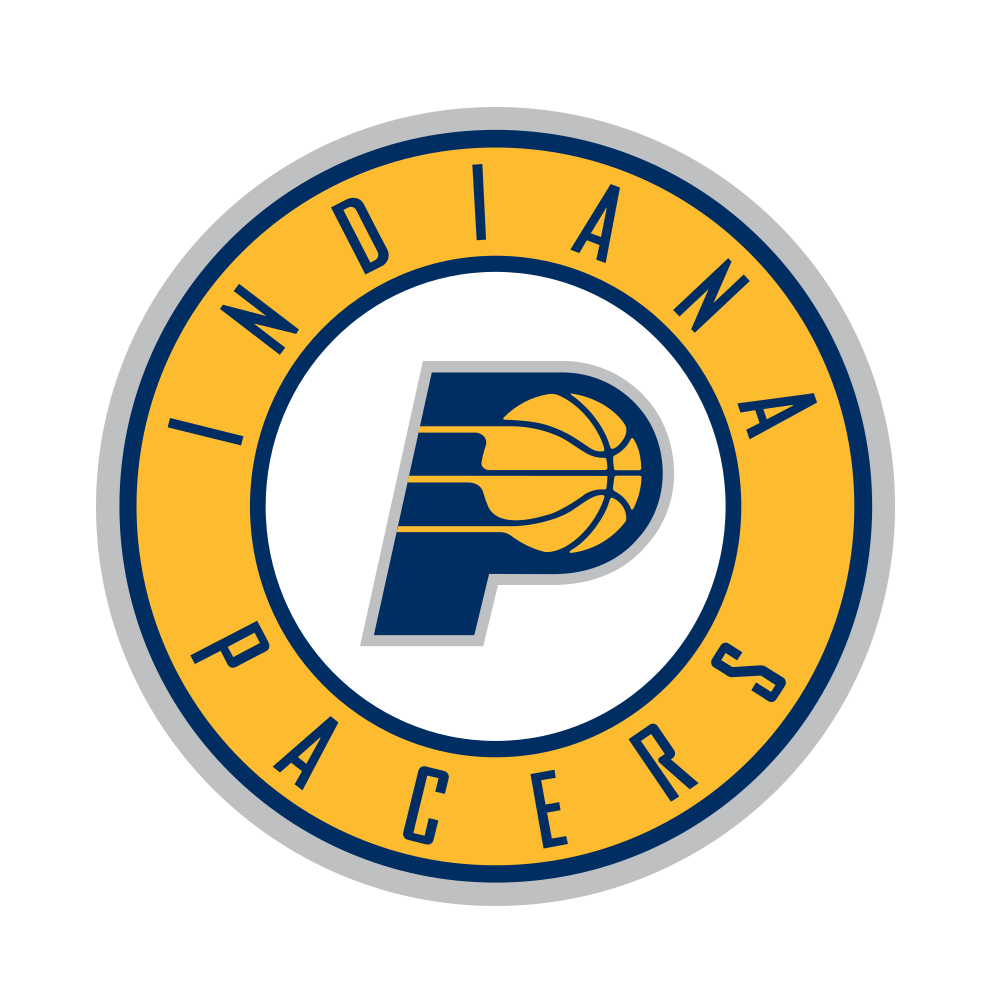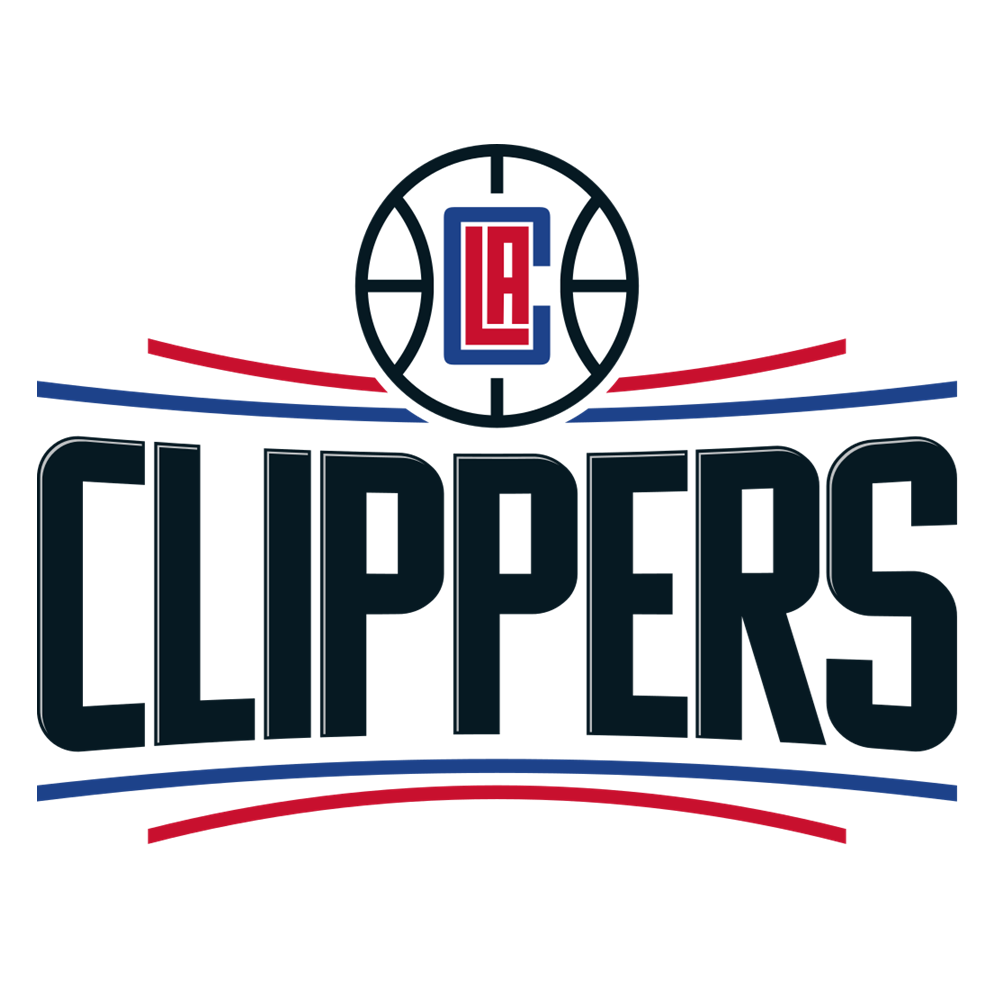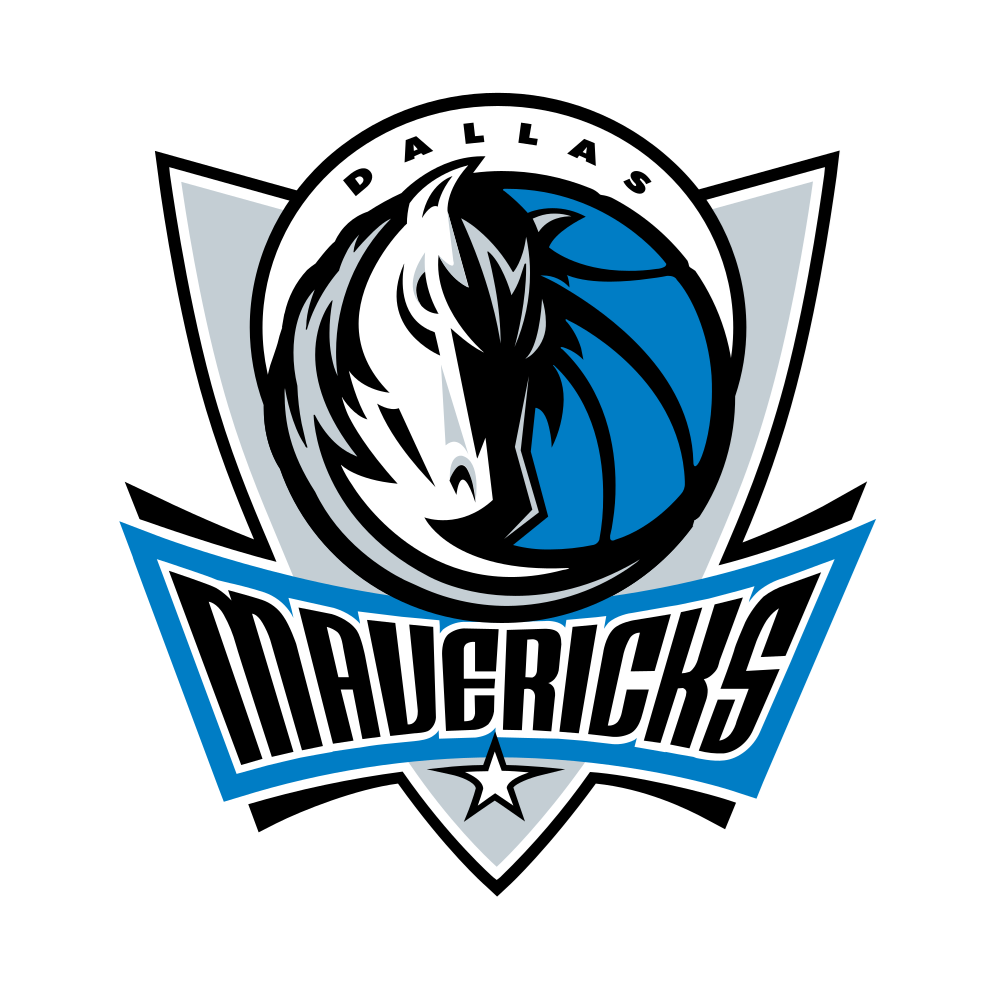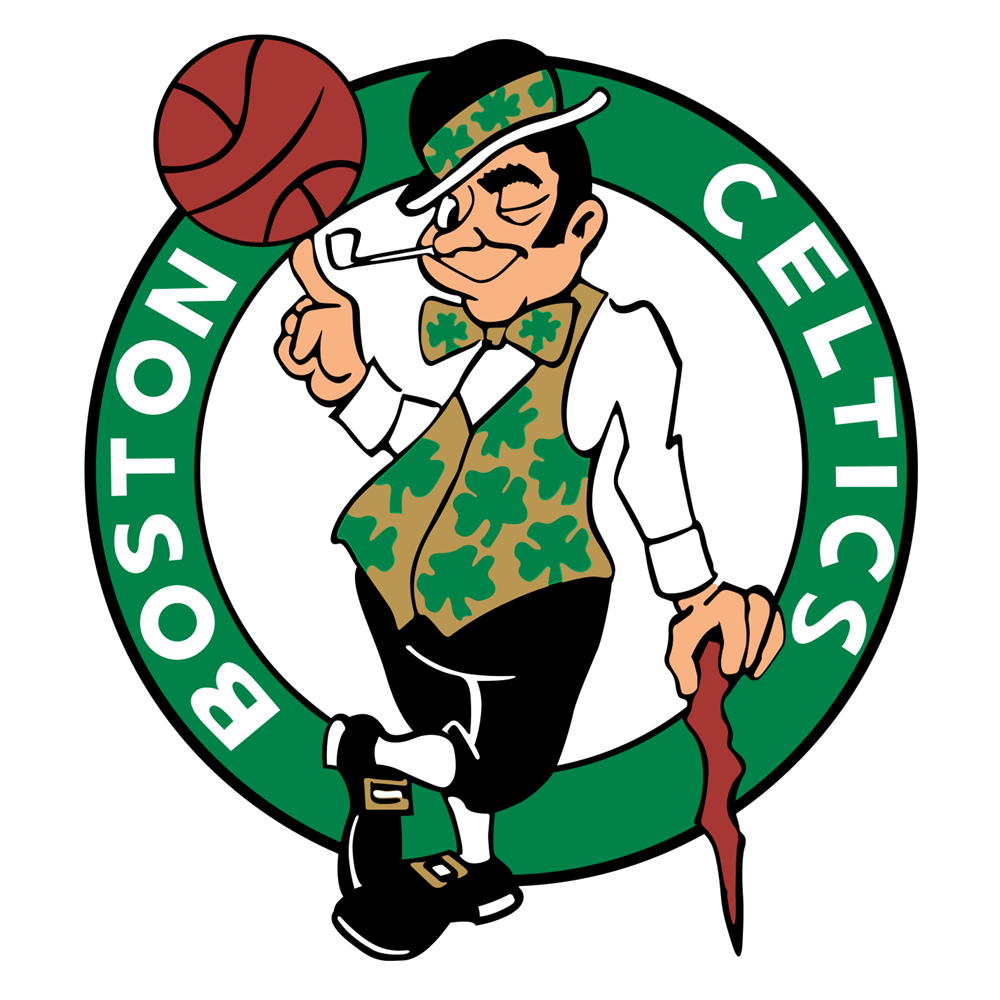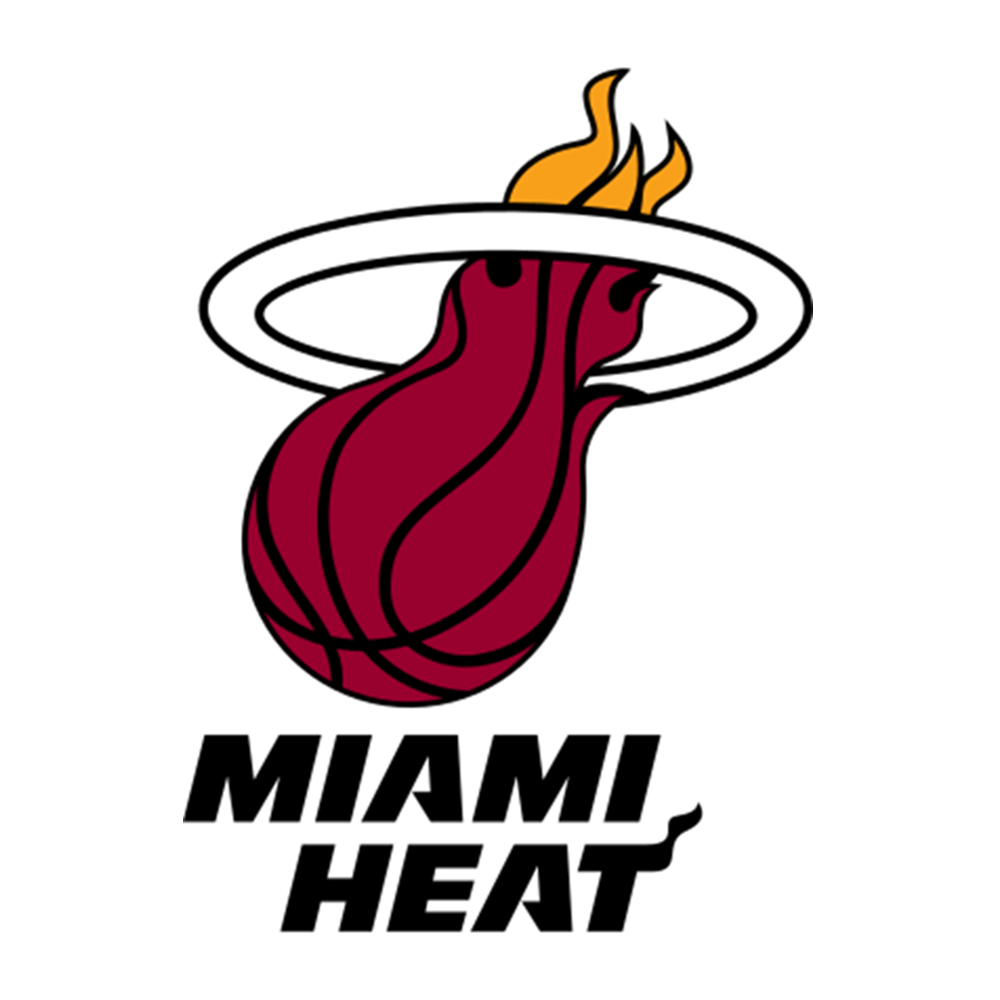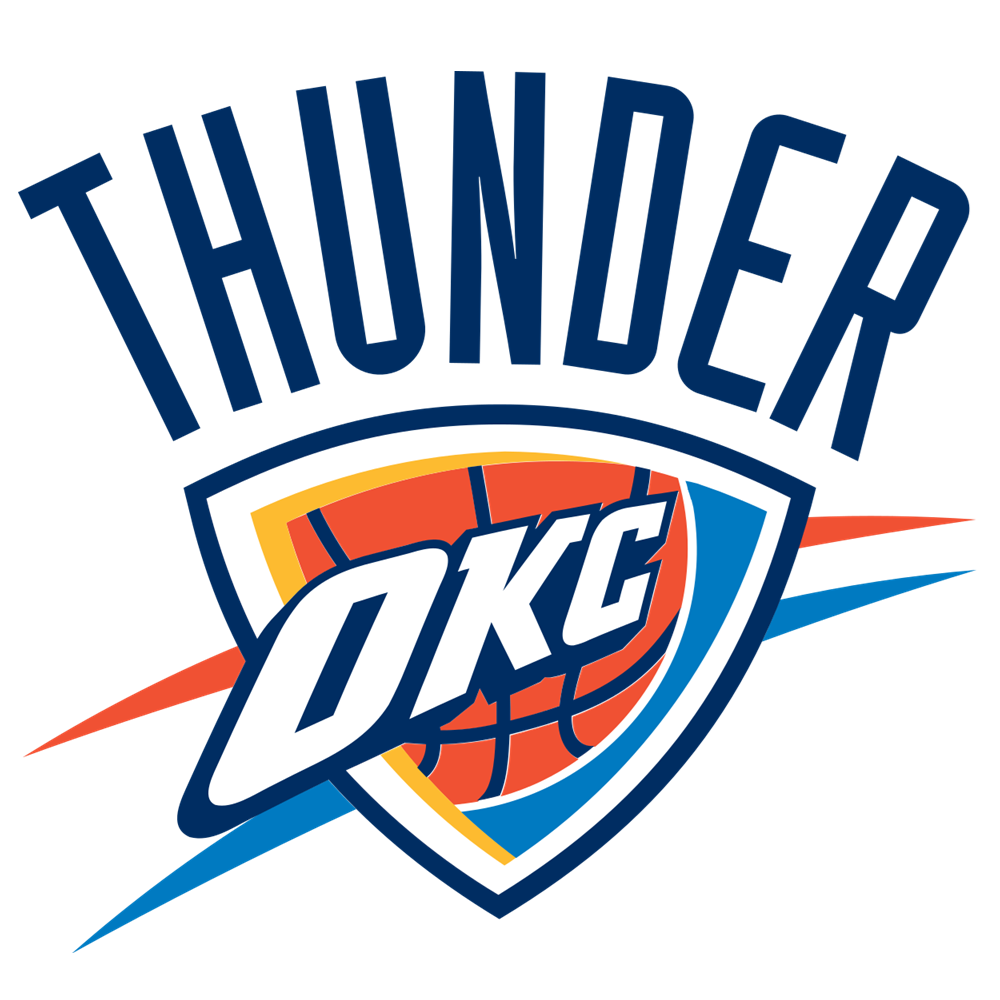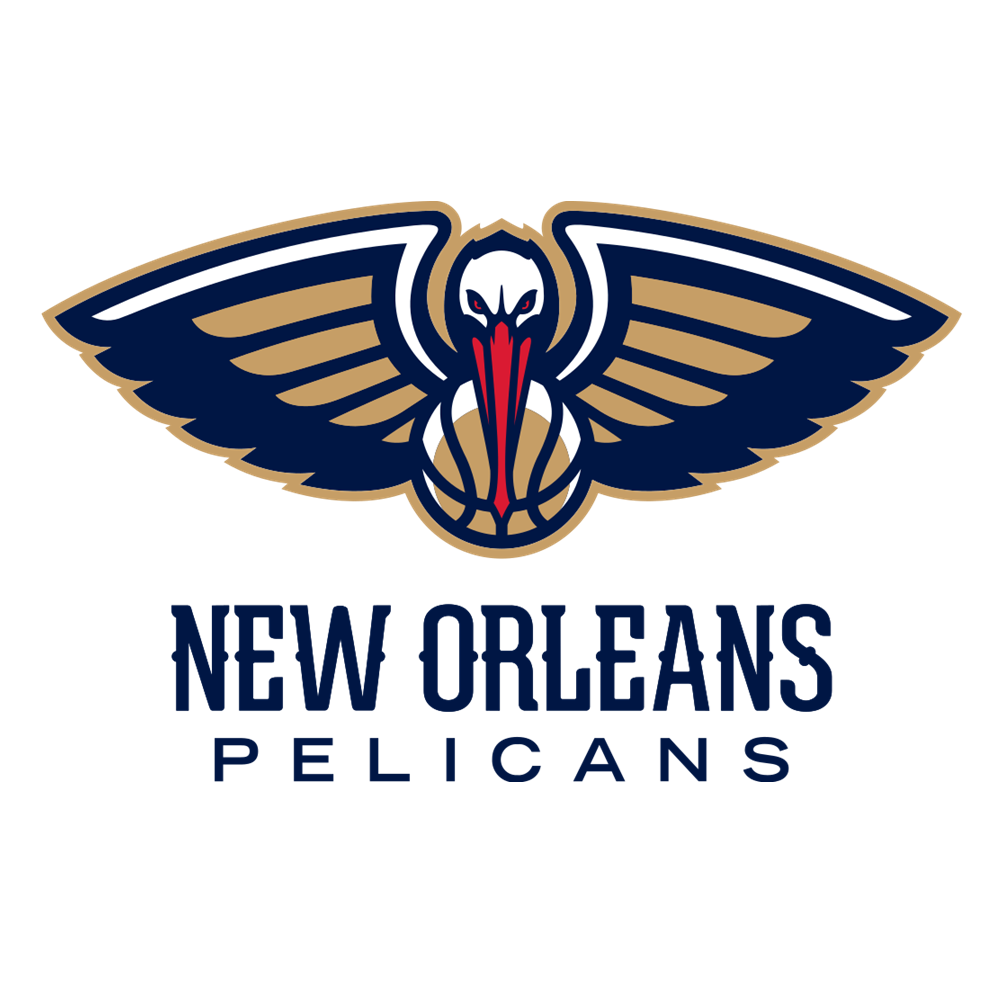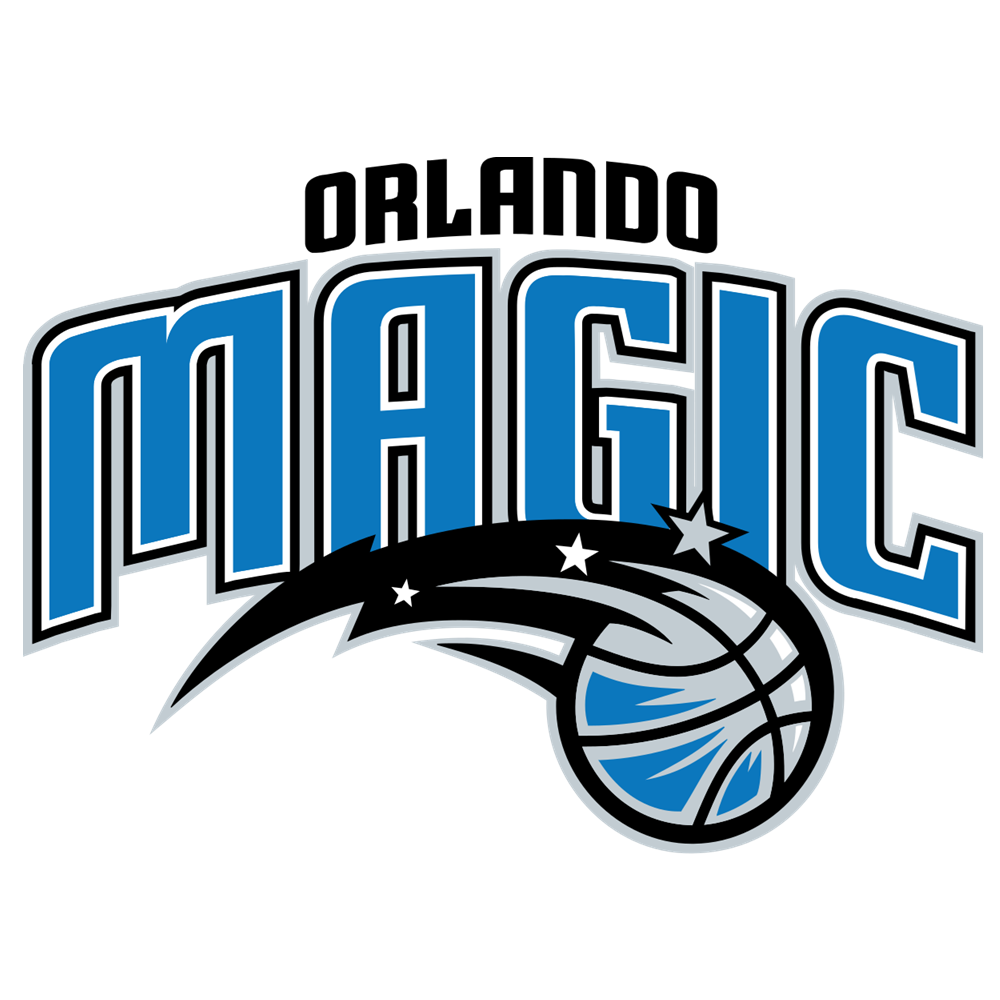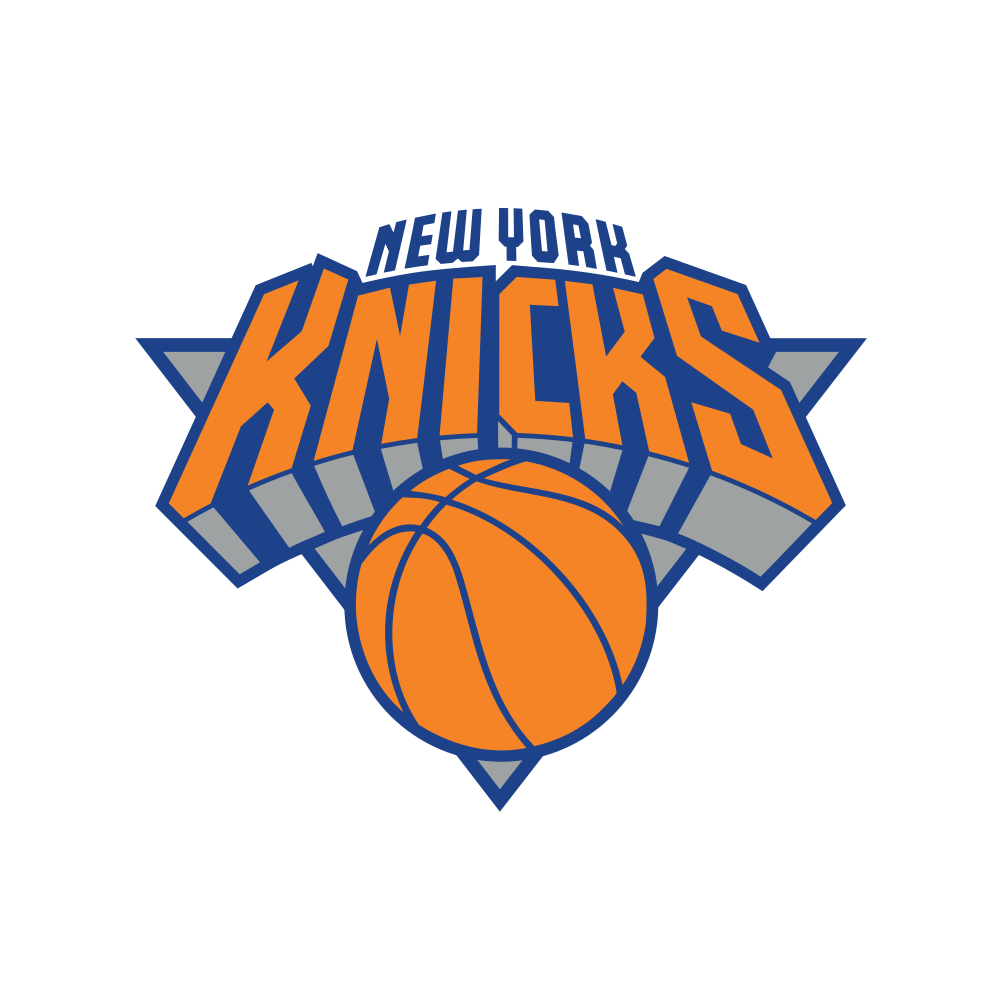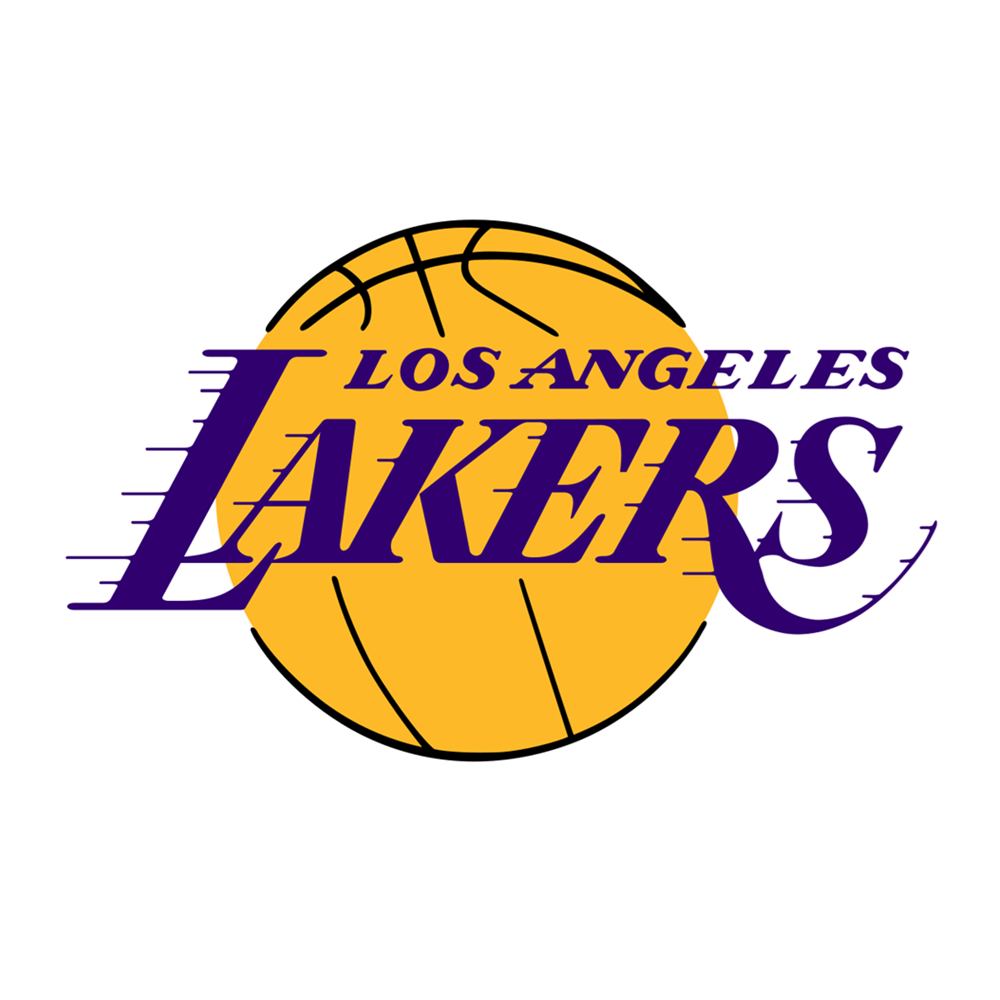Defiance simmers when you talk to the people deeply connected to the roots of basketball development in the United Kingdom.
It’s there in the background, a passion and frustration intertwined at the surface amid what is also seen as great progression within a deep pool of talent. The first words placed on the scrabble board of grassroots basketball are ‘direction’, ‘pathways’, ‘facilities’ and ‘funding’.
Some are positive, some negative.
As you’ll learn from this piece, getting youngsters to play basketball is not the issue any longer. It remains one, but less so. The conundrum is developing them correctly, placing them in the best possible environments to succeed, and hardest of all, keeping them on the island.
One man who is in his own words ‘banging the drum’ to make British players believe ‘they can achieve anything they want’, is Vince Macaulay, chief executive for the British Basketball League’s London Lions. His role in basketball feels bigger than that.
“How many of our best players do we lose to other countries?” I asked.
“I think we lose 89% of them”, he said.
If you’re a basketball player in the UK reading this and have big enough aspirations to ‘make it’, whatever that might mean to you, you’re probably pointing your future elsewhere.
Bob Martin, who is from Ohio and played high school and college in the US before competing professionally in France, has lived and coached in Doncaster for the last 20 years and is known happily as ‘Basketball Bob’. He has coached the sport in so many places that he laughs when saying, “I don’t even think the teachers know my surname.”
Martin covers the entire basketball prism and for this conversation is sat in his car on a Saturday lunchtime, just out of a morning session that saw 70 kids turn up to practice. What followed was a meeting with other staff members about a topic that leads directly into the one about grassroots basketball.
“We are going to start our own league for under-12’s, 10’s and 8’s”, he said.
“England Basketball [the governing body] has never supported those age groups. We will have the likes of Hull, Grimsby and Scarborough all joining in. We are Doncaster, a town, and have won five national championships at English schools level. How? Because we started them at six years old.
“Kids want to play games and to wait until 14…” Pause. “It just doesn’t make sense.”
No, it doesn’t. There are multiple sports looking to challenge the hierarchy, and no matter how many children would rather play football or cricket in the UK, it cannot be denied that early exposure is essential to not just growing a sport but enhancing your product.
“We should be doing what the other Europeans are doing, particularly with players who have already attracted international attention”, Macaulay says.
“Funnelling all of our talent out of the country is a disaster. People just don’t do that anymore. We don’t have a million Lithuanians or Slovakians in college basketball in the States. They don’t believe in it.”
What happens if you do?
“I have seen some of our youngsters go out to the States and come back worse than when they left. The coaches say to a talented big man ‘you stand under the basket, get the rebound and give it to Fred’. He gets all the accolades, he goes to the NBA, and you go home.
“I can name 50 English players in that scenario”, Macaulay says.
The reality is harsh, especially given most families cannot afford to fund their child’s wildest dreams. Players want the best experiences and it’s hard to be given them in the first place.
“There’s a lot of talent here”, Martin says. “But the game isn’t respected as it should be. I’ll get another call from a referee after this, but you go some places and there’s always one referee that shows up. Some places the court isn’t ready or the baskets aren’t properly up and you are playing an under-18 or men’s game.”
Reinforcing the point that players prefer to go elsewhere, Martin goes on to say “in the US, it’s state of the art.”
“Any facility helps, let’s start there”, Macaulay rightly points out.
“Newcastle have the school of excellence, they are doing their bit.
“There are excellent facilities like the Amaechi Centre in Manchester, the Copper Box, the programmes in Birmingham, Plymouth, Doncaster. The list goes on.”
Yet the bubbles of frustration are heading to the surface again. Macaulay loves basketball and understands why others cannot.
“If I was a 15-year-old in France I can go to any basketball facility free of charge any day I like. If that’s here, I have to pay £30 an hour if I’m outside London and £60 in London to hire a court. Even if I gathered 12 of my mates, where will we find that money?
“And God forbid me on the same court we can fit four badminton courts and you can have four adults, who earn money, on each of them.”
Basketball is a great sport for inclusion, but it’s one that consists of fees at the national and club level. Martin has thought around the subject, taking basketball to the kids instead of the other way around.
“During the week I go to primary schools, working with about 600 children a week just teaching them basketball in primary and secondary school. That can lead to bringing them into our sessions here at the Doncaster Danum Eagles.
“The general reaction is that they love it. It works for grassroots because we are giving them a taste of the sport and they can decide where they want to go, whether it be the central venue leagues or open sessions. Our emphasis is to get everyone playing, not just 12 guys on a national league team and under-14’s.”
As Macaulay describes it, UK basketball is “at a tipping point”.
One of his old coaches, Mark Dunning, tried to put together the British Coaches Association, adamant that it would serve as the best help to developing coaches in the long run.
It never happened.
“To some extent our coaches compete with each other; they won’t share information”, Macaulay said.
“I sometimes see people criticising coaches in sessions for what they do or don’t do, but we don’t actually reward coaches, we don’t pay them enough and encourage them. Development of players, not wins, should be the barometer for success.”
Martin, who holds a shooting camp all around the country and has placed 11 players from the Doncaster area into Division I US college programmes, makes an amusing and absolutely valid point about the coaching structure in the UK.
“Mike Krzyzewski, the head coach at Duke University, doesn’t have a level one, two or three coaching certificate. He just served his time. You can get a level two coaching award for nothing over here. What does it mean? It doesn’t mean you can coach.
“It requires a lot of experience to become a coach. Honestly, the best coaches I see around here are the ones I have as assistants. I’ve had them around for 15 or 16 years and I’m their mentor.
The people in the Manchester Magic system have gradually been put on the bench, not just asked ‘who wants to do it?’ Sometimes that is the case and it’s not their fault; the governing body doesn’t have a good enough programme to develop them.
“One thing I cannot do is criticise another coach who is giving up their time for nothing.”
England Basketball this year carried out research before implementing phases to ‘improve the way it leads and develops the sport in partnership with its members, supporters and key stakeholders.’ Player pathways, coaching, officiating, league structure and sport science were all on the list.
Two of its biggest members are continually pushing for more.
“It’s important that we have a strong team in London and that means contending for a championship in the BBL and getting into European competition”, Macaulay says.
Martin is in agreement, citing the fact that if the cities of Cleveland, Detroit and Chicago have NBA teams within two-and-a-half hours distance of each other, then London can have a team in every direction.
“It probably comes down to funding”, he adds.
Thus starts another fiery conversation.
“It’s a very prickly subject in terms of who funds basketball”, Macaulay says.
“We all know that the funding for the national team comes from UK Sport and it’s all targeted around the chances of winning a medal. How many countries are actually putting millions of pounds into rifle shooting versus how many countries are playing basketball, where it’s the number one or two sport in so many if not all European countries?”
It’s a good time to point out that Team GB doesn’t currently have any funding for the 2020 Olympics, but its junior teams at the European Championships this summer finished second (under-18 men) and fourth (under-18 women and under-16 men).
Shooting sports have been included in every Olympic Games since its 1896 inclusion except in 1904 and 1928.
“Everything we are achieving in basketball is despite the overarching authorities, not because of them”, Macaulay states.
Both pointed to the Mayor of London and equivalents in other cities to help out, because the potential of London 2012 seems to have dribbled away.
“We haven’t been able to put our best guys on the floor, like Luol Deng and Joel Freeland”, Macaulay says.
“They haven’t been here since the Games and those guys can help us attract mainstream media, which would get us mainstream backers.
Martin, who is deeply passionate and knowledgeable about this subject, is thankful for what basketball has given him in this country and sees both hope and despair.
“Paul Douglas and Rob Palmer in Birmingham, they’ve got Hakeem Olajuwon as one of the sponsors for City Of Birmingham Basketball Club. This is one of the greatest NBA players ever, in our second city. They had 150 talented kids in that sports hall for his camp. It was unbelievable.
“I started up this shooting camp and all the clubs around the country I am going into are excellent. I’m not trying to make it sound like everything is rosy. I was in Leeds and it was brilliant. You have 75 solid ballplayers in there. Scotland is great too.
“But the grassroots structure can’t compare to Europe. It doesn’t compare well. I was in Sardinia not too long ago and you are talking about, well, an island. The structure for development is miles ahead of here. The facilities are miles ahead of here. Just the emphasis. The team that was involved with this camp, their programmes are unbelievable. They train five days a week and they have personal trainers involved. It’s costly but not overly costly for a player. It’s just so much more professionally run across the board.”
Here’s the kicker from Martin.
“If you take the under-18 Premier League here, there is absolutely no parity. There are two or three teams way above the rest and the others get hammered every week. That’s not good for basketball. England Basketball has to look and say ‘let’s make this a level playing field for everybody’.”
Generally, a young child will be introduced to the game in school, where PE teachers are either part of a national league programme or have little more than the basic qualifications. Your school may have a partnership with one of the national league or outreach programmes or it may not.
Talking to Martin and Macaulay, it’s vital that youngsters who want to play more reach out to men like these who can help connect the dots for you.
“During the week, we want kids saying ‘we’ve got a game next weekend’. It gets them hooked”, Martin adds.
So, if you’re still with me, what should be done whether you’re a player or a developer?
“I believe the last piece of the puzzle is good communication between the clubs”, Macaulay says.
“That way we are going in the same direction and not fighting for kids. Let a youngster go to the best place he needs to go.
“We have to think that we are as good as anybody else.”
Oh, and the biggest league in the world might be able to help too.
“I was involved in an NBA project that came here way back called Mad Skills”, Martin says.
“We went all over the country and there were 300 kids at every one of those events, not because Bob Martin was there, but because there was an NBA logo on it.
“You were introducing 300 kids in every major city in England and Ireland and Scotland to this game. The NBA can do anything they want. John Amaechi came up to Doncaster and 100 kids turned up.
“They just want to see an NBA player.”
They want to be one, too, and the goal for the Martin’s and Macaulay’s of this world is to have them achieve it from right here, where basketball means so much to them.


